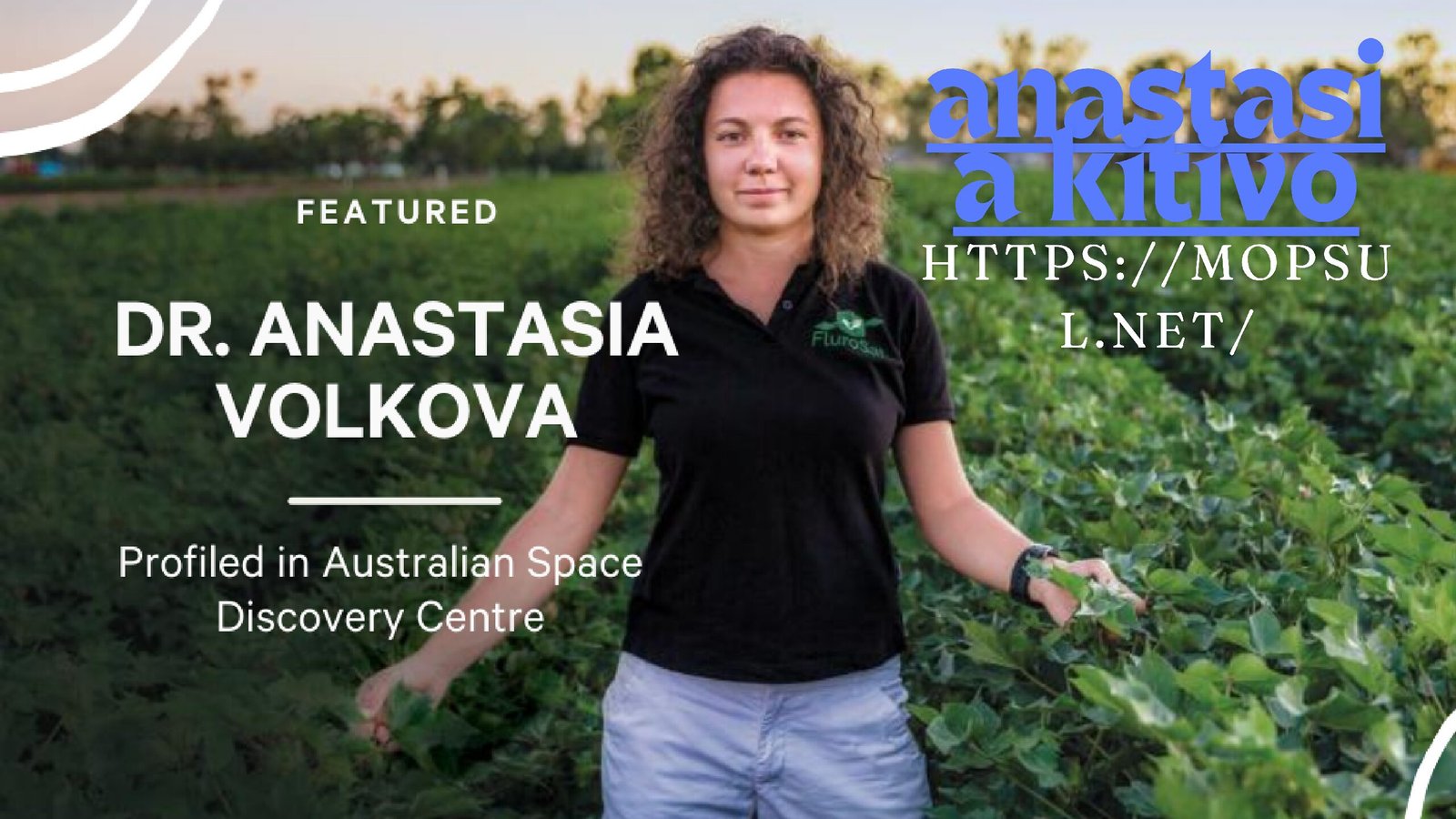Introduction
In an era where sustainable practices are becoming increasingly crucial, individuals like Anastasia Kitivo are leading the charge toward a greener, more sustainable future. Her work in sustainable agriculture has not only transformed the way we think about farming but also provided a model for integrating environmental stewardship with economic viability.
Early Life and Education
Anastasia Kitivo’s journey began in the rural landscapes of Kenya, where she grew up observing the challenges faced by local farmers. Inspired by her surroundings and motivated by a deep connection to the land, she pursued an education in agricultural sciences. Kitivo graduated from the University of Nairobi with a degree in Agriculture, later obtaining a Master’s in Sustainable Agriculture from Wageningen University in the Netherlands.
Innovative Farming Techniques
One of Kitivo’s significant contributions to sustainable agriculture is her advocacy for and implementation of agroecology. This approach emphasizes the use of natural processes to enhance farming systems, reducing dependency on chemical inputs. Kitivo has introduced techniques such as crop rotation, organic fertilizers, and integrated pest management to numerous farming communities. Her methods have improved soil health, increased biodiversity, and boosted crop yields sustainably.
Empowering Local Communities
Anastasia Kitivo’s impact extends beyond her technical contributions; she is a passionate advocate for community empowerment. Recognizing that sustainable agriculture must also be economically viable for farmers, she has initiated numerous training programs. These programs teach farmers about sustainable practices, financial literacy, and market access strategies. By empowering local farmers with knowledge and resources, Kitivo has helped elevate entire communities out of poverty.
Climate Resilience
In the face of climate change, Kitivo’s work has taken on new significance. She has been at the forefront of developing and promoting climate-resilient farming practices. These include the cultivation of drought-resistant crop varieties and the use of water conservation techniques. Her efforts have ensured that farmers can maintain productivity even in the face of increasingly erratic weather patterns.
Recognition and Awards
Anastasia Kitivo’s contributions have not gone unnoticed. She has received numerous accolades for her work, including the prestigious Food Hero Award from the World Food Program and recognition by the United Nations Environment Programme. These awards highlight her innovative approaches and her unwavering commitment to creating a more sustainable and equitable world.
Future Endeavors
Looking forward, Kitivo plans to expand her initiatives, focusing on integrating technology with traditional farming practices. She is exploring the use of digital tools to provide farmers with real-time information on weather patterns, soil health, and market trends. This fusion of technology and traditional knowledge aims to further enhance the resilience and productivity of farming systems.
Conclusion
Anastasia Kitivo’s work is a testament to the transformative power of sustainable agriculture. Through her innovative practices, community empowerment initiatives, and dedication to climate resilience, she has set a benchmark for future agricultural development. Her story is not just one of personal achievement but also of hope and progress for sustainable farming communities worldwide.

